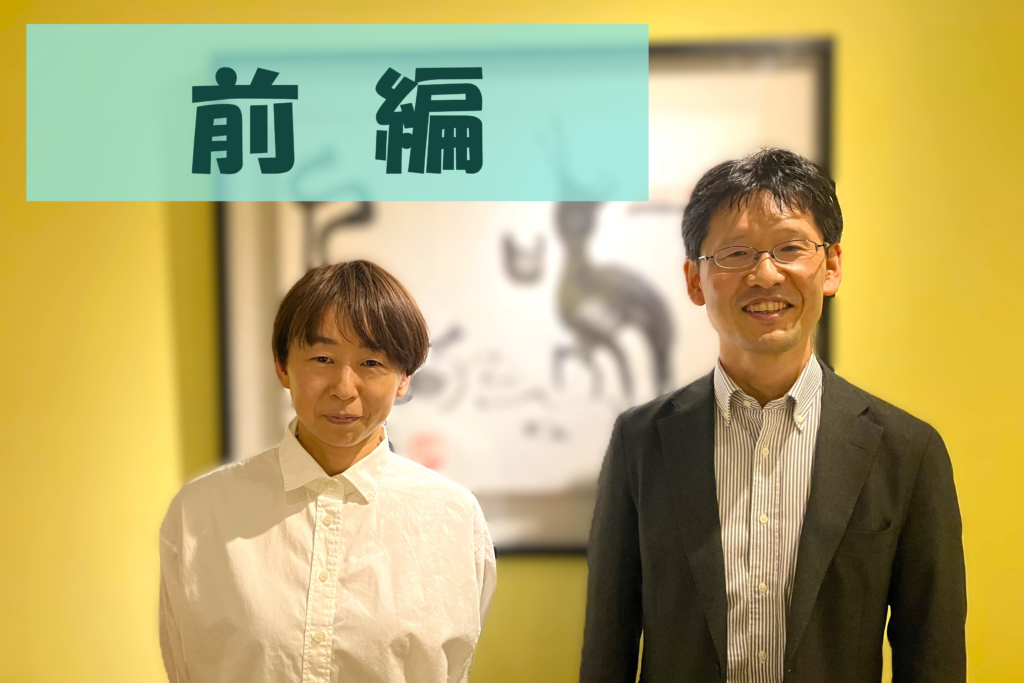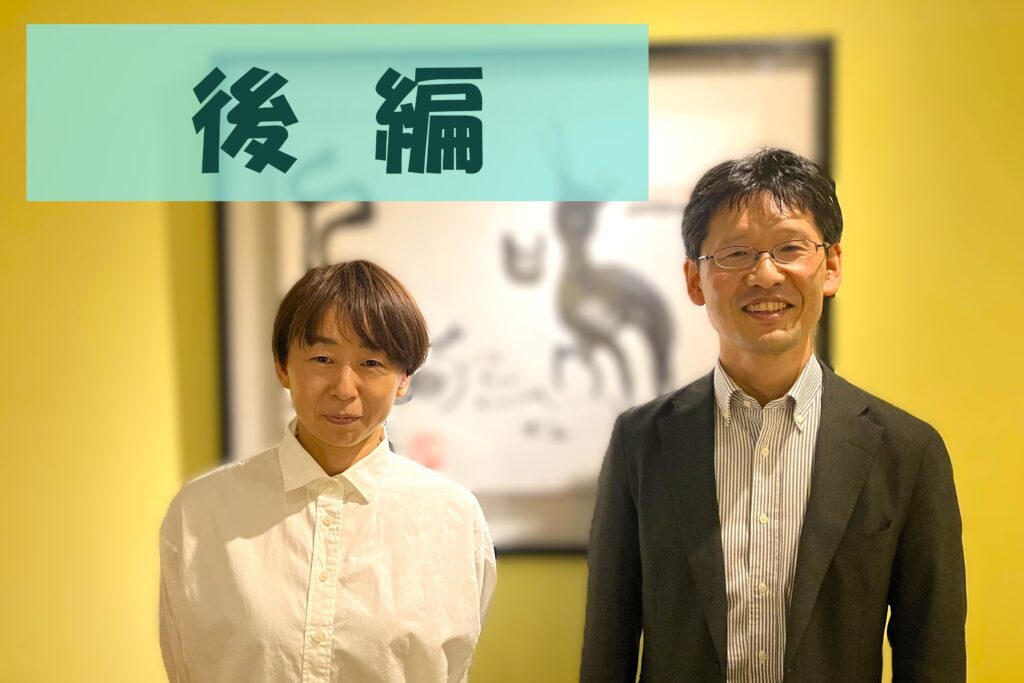From November 21st to 23rd, 2024,Support for sustainable decision-making and arrangements that preserve dignity for everyone during and after life" project, I conducted a survey in Taiwan. In this article, I will provide an overview of the survey.
Survey Objective
Taiwan is said to have a strong culture of families supporting elderly care (such as taking care of daily living expenses and holding funerals after death). Volunteer activities are also popular. As the population ages in Taiwan, just like in Japan, investigating how family members support elderly care is expected to provide insights into the state of Japanese society. In addition, from the perspective of decision-making, the Patient Autonomy Act, a law enacted in Taiwan in 2016 and implemented in 2019,(*1)This law places emphasis on the patient's own decision-making regarding the withholding or discontinuation of life-sustaining treatment, and is said to be one of the few laws in East Asia that clearly establishes the patient's right to self-determination.
By investigating Taiwan's systems and culture, focusing on the medical field where progress is being made, and comparing it with Japan, the goal was to gain insight into the future shape of Japanese society.
(*1) The translation of Taiwan's "Patient Autonomy Act" isHere(Redirects to Kyoto University's website)
Places visited and survey contents
November 21st
National Taiwan University Hospital Ethics Center(*2)
The Ethics Center was established in 2024 and is divided into three departments: research ethics, clinical ethics, and research integrity, and studies ethical, legal, and social issues arising from the development of medicine and science and technology. We exchanged opinions with researchers, doctors, social workers, and others affiliated with the Ethics Center on topics such as end-of-life care, palliative care, and treatment discontinuation.
(*2) For details,Here(Redirects to the Ethics Center homepage)
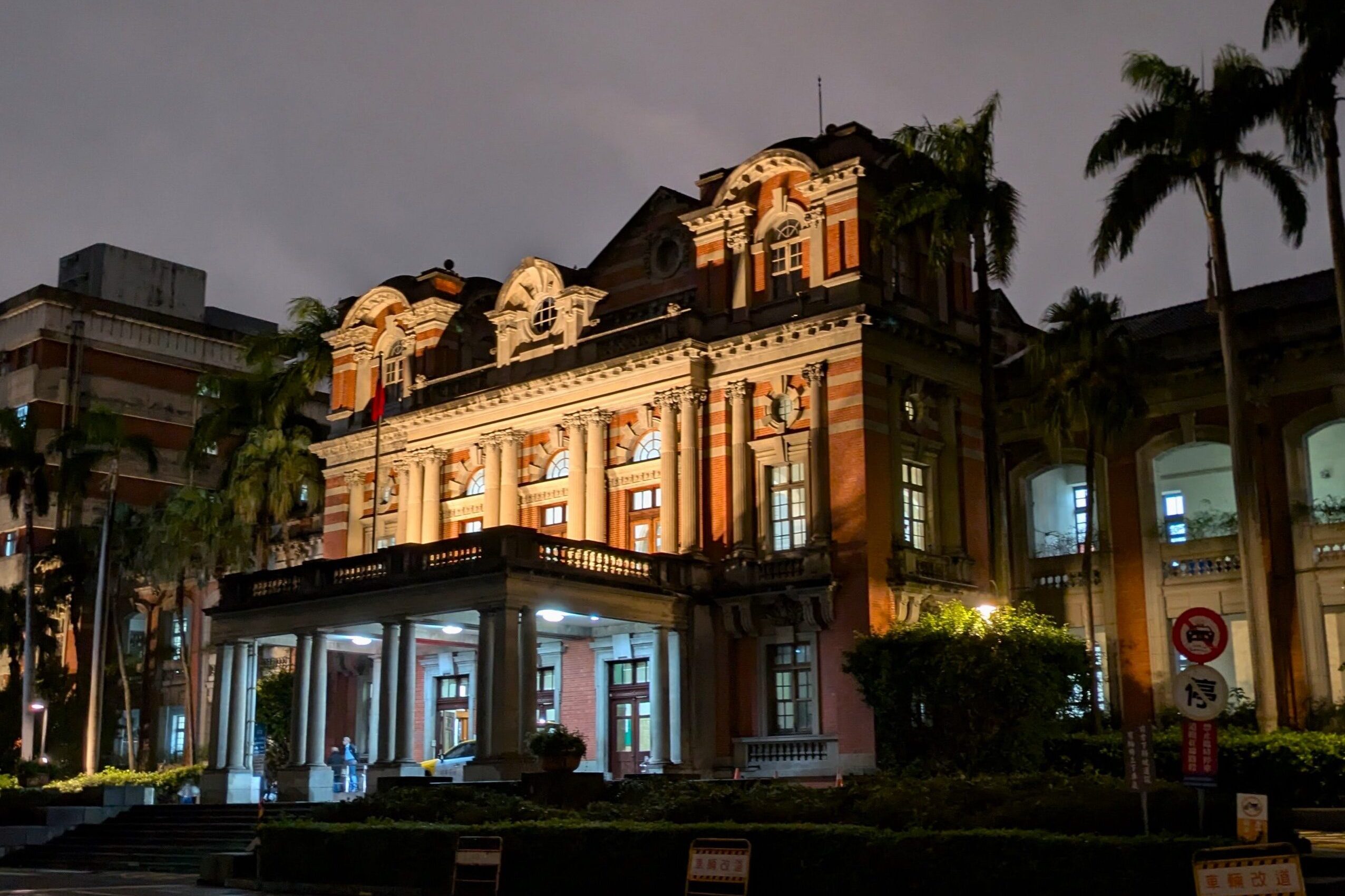
The Ethics Center is located on the campus of the University Hospital.
November 22nd
Buddhist Tzu Chi Foundation
The Buddhist Tzu Chi Foundation (hereafter referred to as "Tzu Chi") is a Buddhist NGO established in Hualien City in 1966. It conducts charitable activities to help the underprivileged and provides disaster relief to victims after disasters. A volunteer introduced us to the activities and history of Tzu Chi.

The inside is spacious and includes an exhibition space and a cathedral.
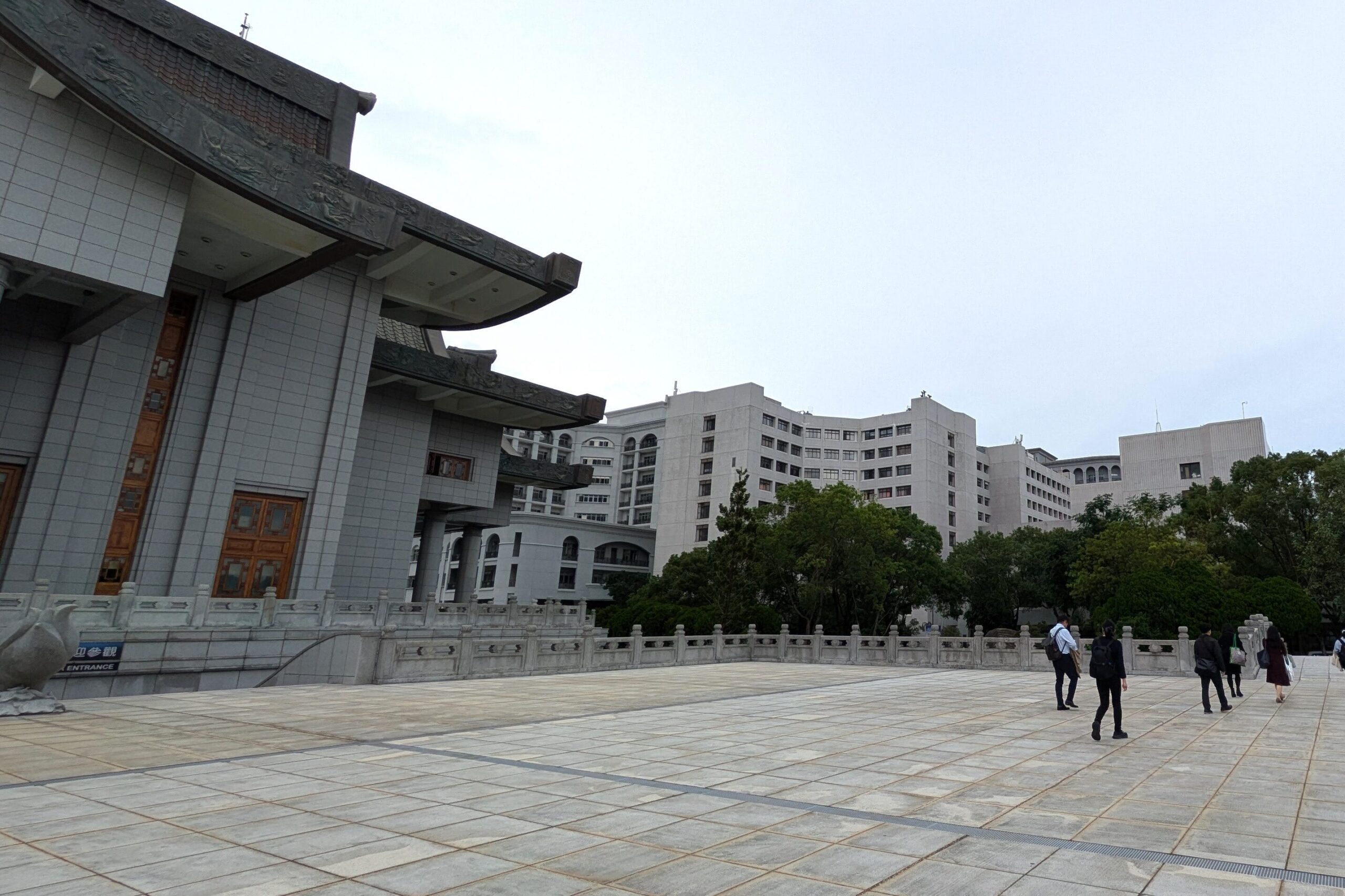
Buddhist Tzu Chi General Hospital
Buddhist Tzu Chi General Hospital is a hospital operated by the Tzu Chi Society. Learn about the palliative care ward and ACP (Advance Care Planning) in Taiwan.(*3)We investigated the development of
(*3) ACP (Advance Care Planning): Discussions between an individual and their family, medical professionals, etc. regarding future medical care and treatment options.
Institute of Religion and Humanities, Buddhist Tzu Chi University
Buddhist Tzu Chi University is run by the Tzu Chi Society. Researchers from the Institute of Religion and Humanities will be discussing the changes in Taiwanese law regarding decision-making and burial customs, as well as the issue of body donations to Buddhist Tzu Chi University Hospital.(*4)He explained about this to us. We had a discussion focusing on the comparison between Taiwan and Japan.
(*4) Body donation: The provision of a body after death as teaching material for anatomical or surgical training.
November 23
Taipei General Hospital
Taipei General Hospital is a large public hospital in Taipei City. We spoke about ACP in Taiwan and at Taipei General Hospital. From 2022 onwards, in Taiwan, patients' wishes regarding treatment plans will be digitized and shared to support end-of-life decision-making. We investigated the specific mechanisms and their dissemination to the public.
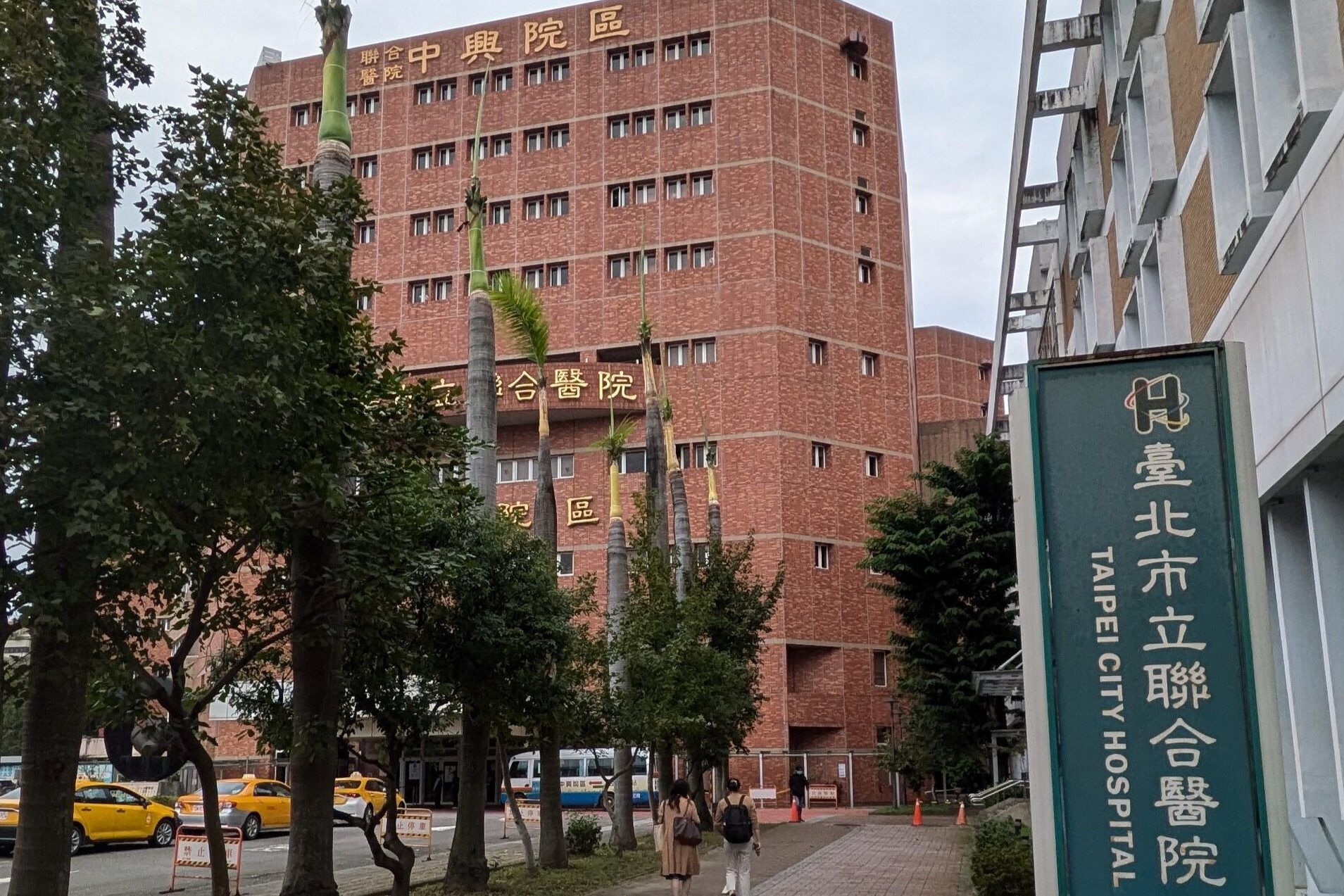
Gyoichi Clinic
Gyoichi Clinic is a home care facility in Taipei City that provides in-home medical care for terminally ill patients with chronic diseases. We were introduced to the efforts of the facility, including how to help terminally ill patients have a "good death."
Veterans General Hospital
Veterans General Hospital is a national hospital for veterans in Taipei City. Veterans are veterans who came to Taiwan with the Kuomintang after losing the civil war with the Chinese Communist Party in 1949, and in Taiwan, medical and nursing care services for veterans are provided separately from those for the general public. We asked about the circumstances of veterans and the system for supporting elderly people without relatives in Taiwan.
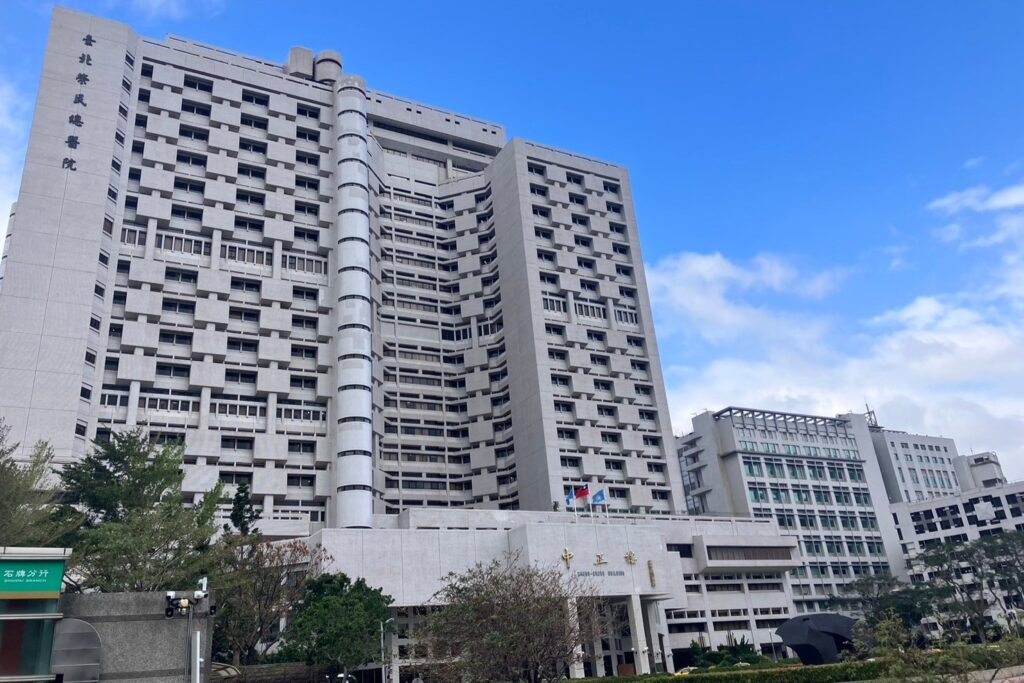
From next time onwards, we will be publishing articles with dialogue between Professor Kodama and Researcher Sawamura about what they learned and what suggestions they gained from their research at each of the locations they visited.
